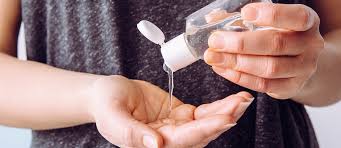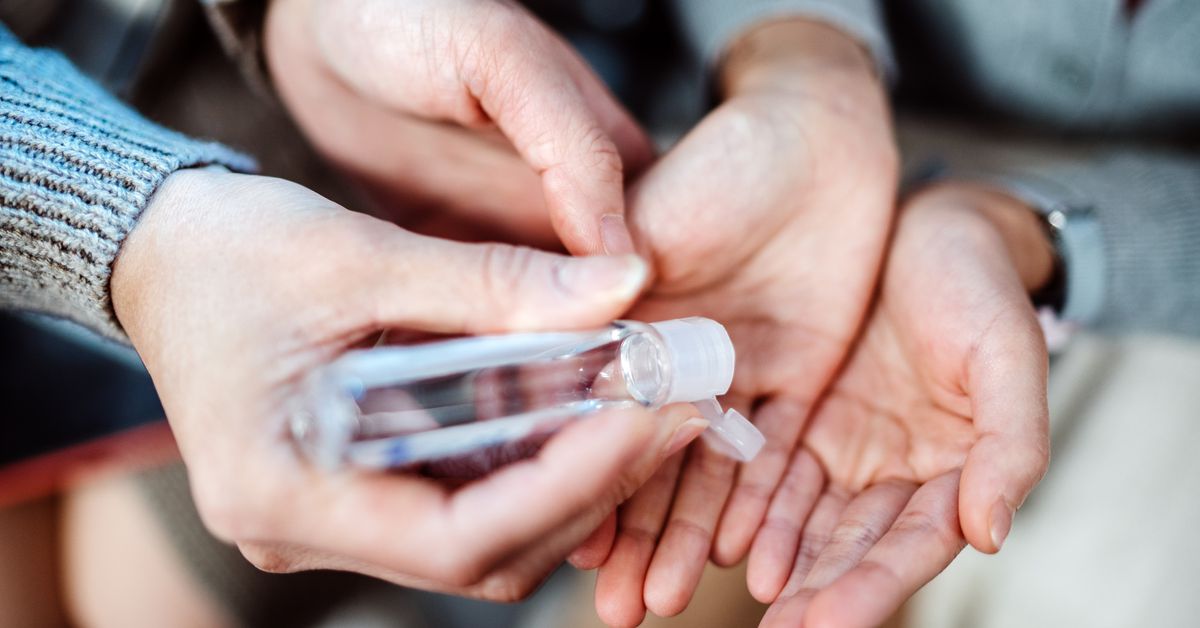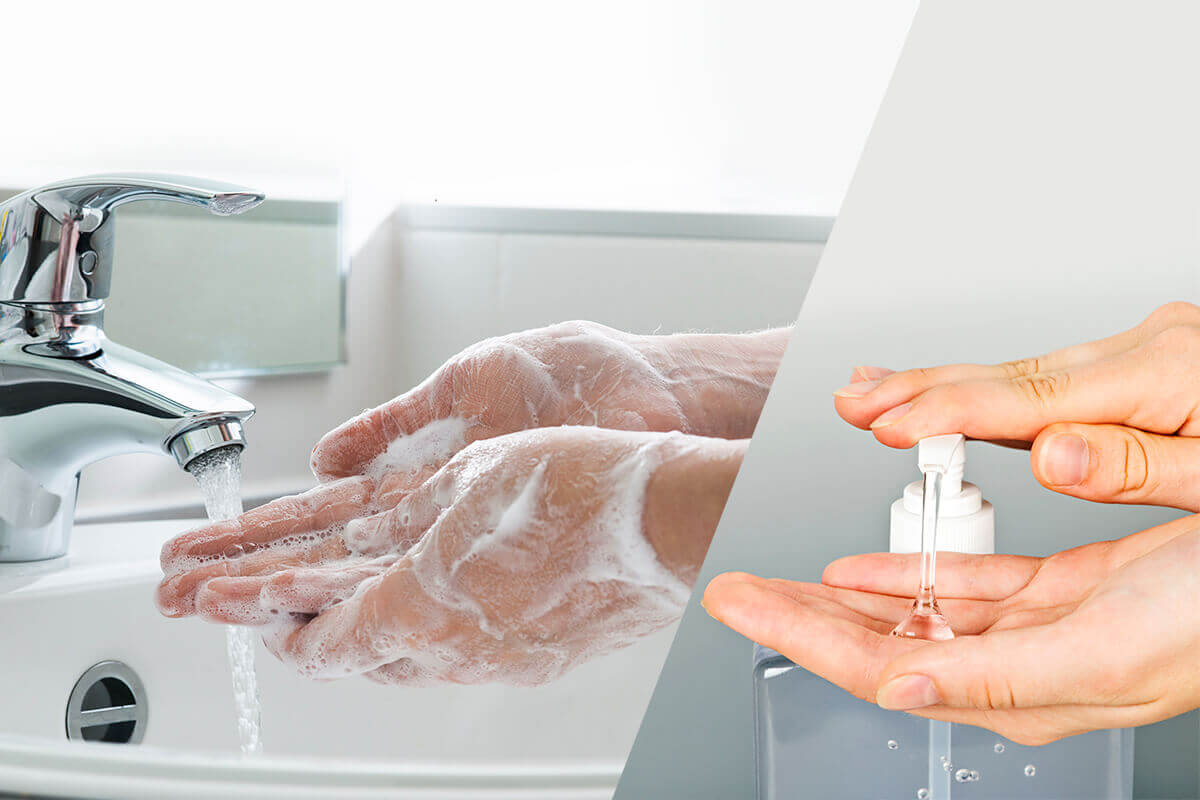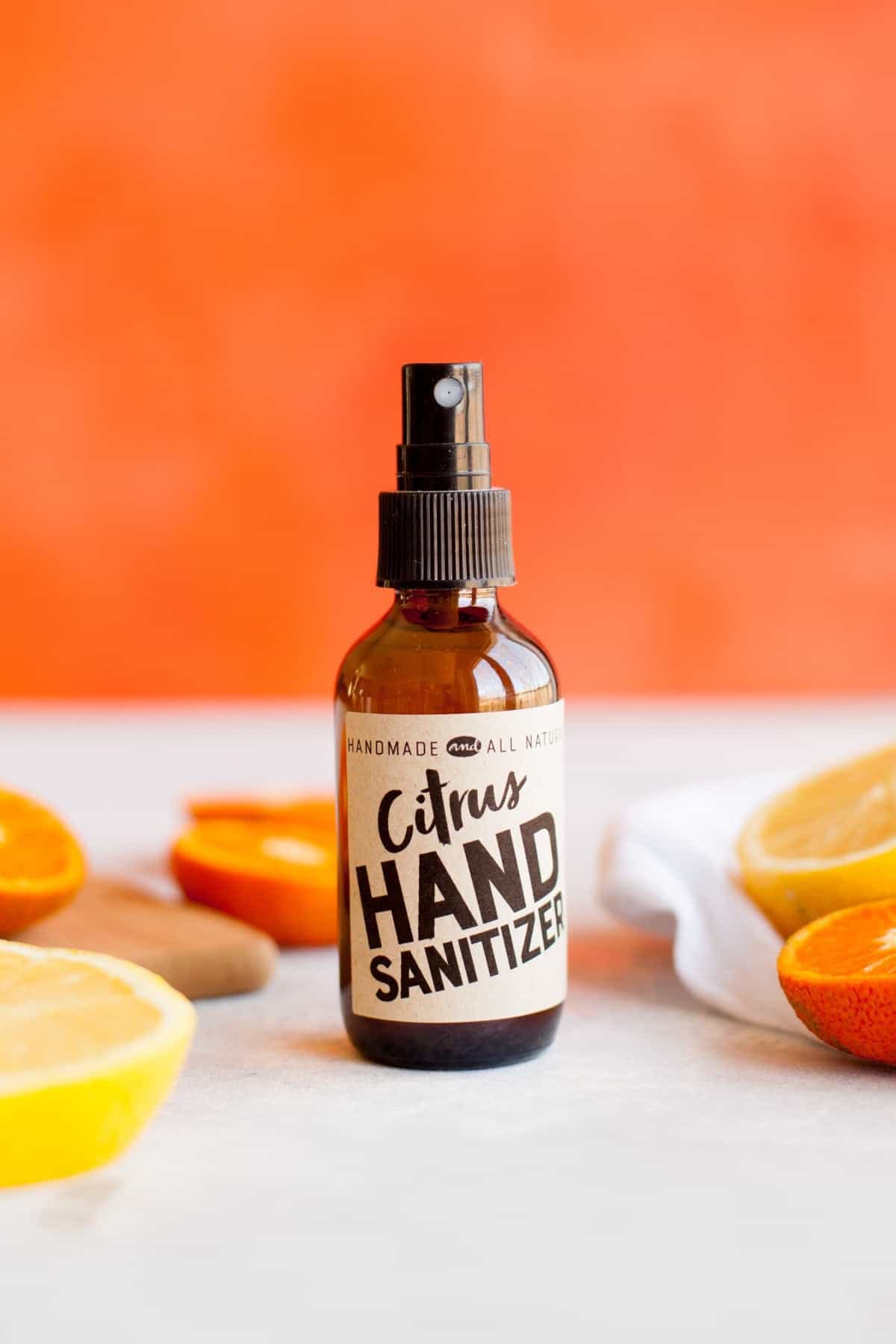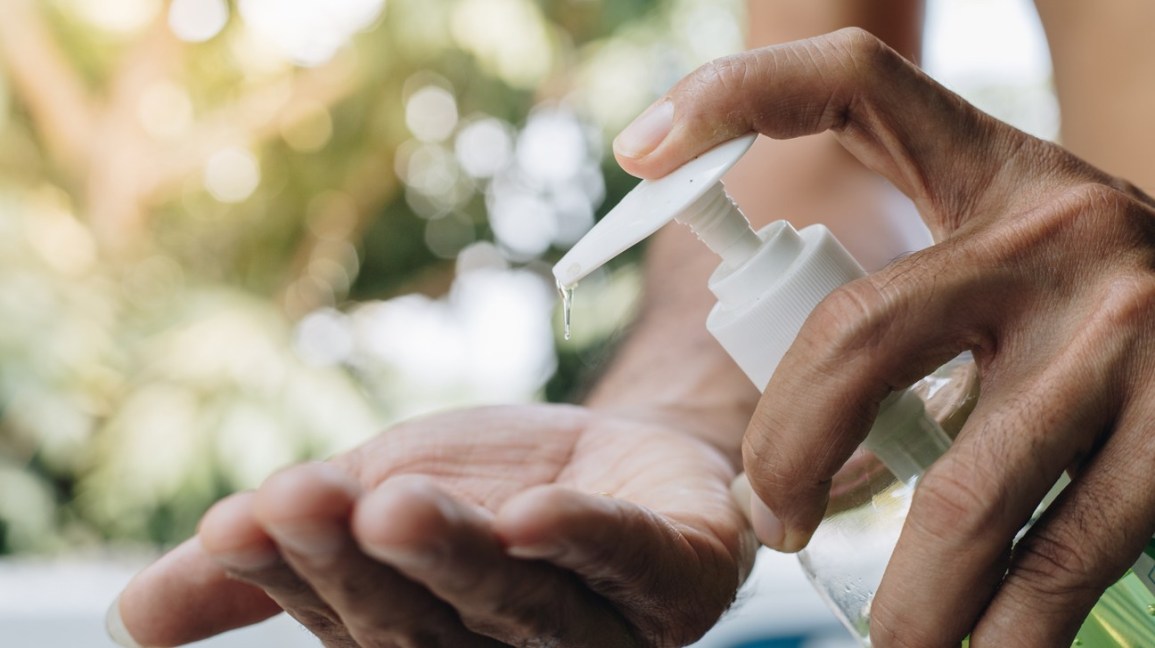It appears things are returning back to normal! With more and more guidelines being lifted, it’s a perfect time for a reminder on how to get the most out of your hand sanitizer. While washing your hands with soap and water is still the best defense against germs, hand sanitizer is a close second. After all, you may not always have access to soap and water. But for hand sanitizer to be effective, it must be applied properly. Using hand sanitizer the right way involves choosing the right formula, using the right amount, and applying it correctly.
Choose The Right Formula
All hand sanitizers are not created equally. The CDC recommends using alcohol-based hand sanitizer that contains a minimum of 60% alcohol. Studies have shown sanitizers with an alcohol concentration between 60% and 95% are more effective at destroying germs than ones with an alcohol concentration under 60% or those that are not alcohol-based.
Use The Appropriate Amount of Sanitizer
Some automatic dispensers do not provide enough hand sanitizer in one squeeze. While individual users may accidentally pour too much sanitizer in their hands. As recommended by the World Health Organization, you should apply a “coin sized” amount of gel to your palm. Similar to soap, you need enough hand sanitizer to cover both sides of your hands and between your fingers.
Apply Hand Sanitizer Correctly
The gel should be thoroughly rubbed onto the back and front of your hands, including the thumbs and between the fingers. This should take around 20 seconds. When you’re done, your hands should be dry and you shouldn’t need to wipe or rinse off the gel. And remember! Hand sanitizer can work in a pinch, but if you notice grease and grime on your fingers, you need to wash your hands.
Other Things To Consider
Make sure you store your hand sanitizer in a cool, dry location. Sanitizer should not be exposed to direct sunlight or heat. You should also pay attention to the expiration date, as the alcohol content drops the closer the expiration date approaches. NEVER ingest hand sanitizer, and keep hand sanitizer out of the reach of children in addition to supervising their use.
Curious about how the Signitizer can help your clients use hand sanitizer correctly? Contact us today at 416-640-4477 or info@thesignitizer.com.

